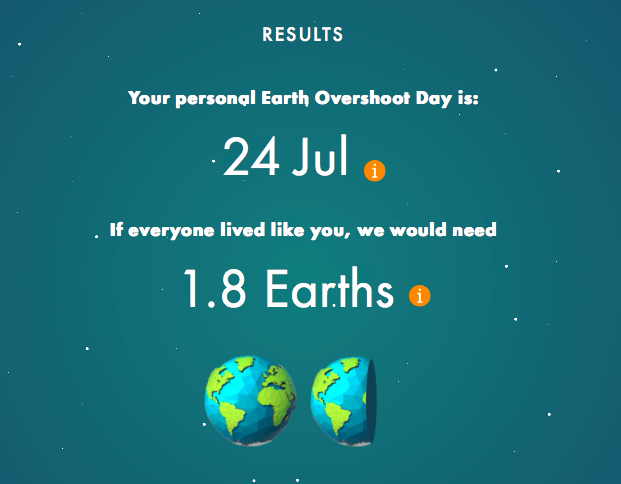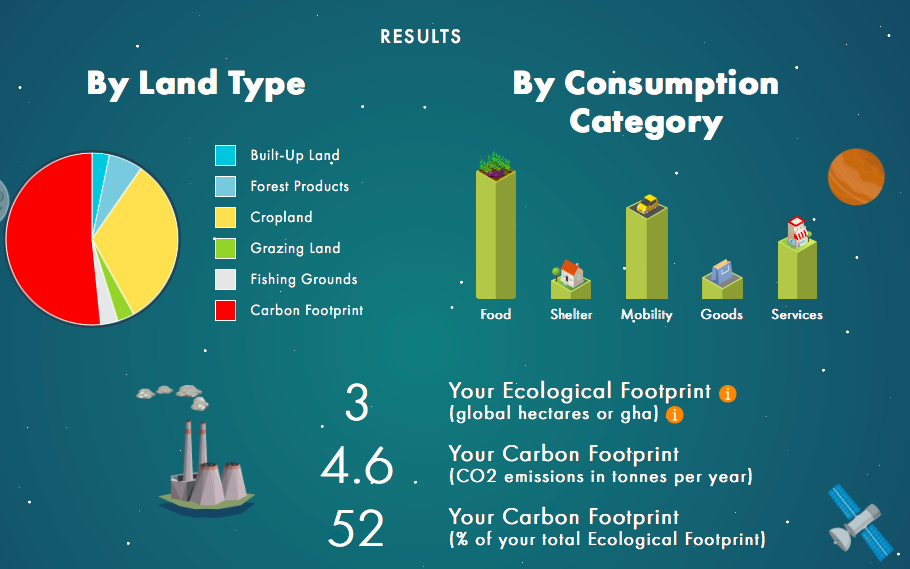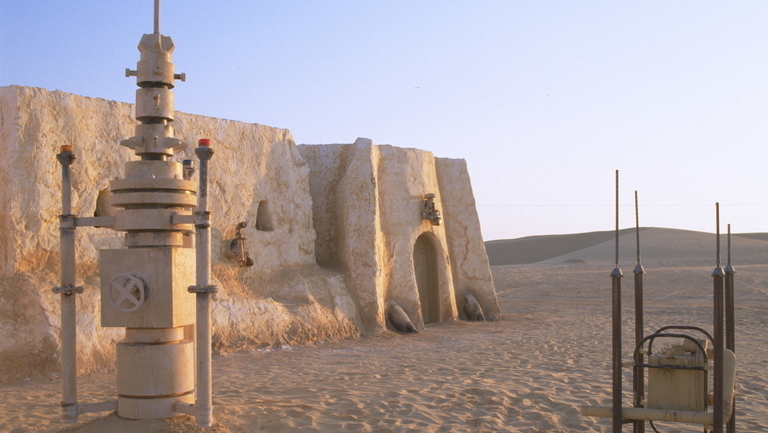When I first took the Ecological Footprint quiz, I was shocked my score was 1.5 Earths. Sure I recycled and composted everything and had pretty good habits like unplugging all the wires from the outlets when I wasn’t using them, it still seemed high. Especially since I had terrible eating habits. I ate a lot of processed food and anything fresh, such as fruits and vegetables, was not local or organic. So, when I retook the EF quiz and received 1.8 it felt right. I think I must have messed up some calculations the first time to score as low as I did. My true EF score at the beginning of the quarter had to be over 2 Earths easily.
I am very pleased that I followed all my goals to reduce my EF–I’m assuming it did indeed decrease because I can guarantee my habits are a lot more greener now than they were at the beginning of the quarter. I didn’t meet my goal of 1 Earth, which I knew was farfetched but it was still worth a try. The biggest impact I think came from the Food category. I used to eat poultry products every single day and I successfully reduced that down to 2-3 times a week. During the past two weeks alone I only took the bus three times. I used to ride the bus at least two times every day to and from class. I kept carpooling and decreased the amount of time I spent in the shower to around 12 minutes (except when I wash my hair, then it’s not feasible). I’m also buying more organic and not eating as much processed food as I usually have which is not only good for the planet but me too. As I have stuck to my goals the entire quarter, I think it’s safe to say I won’t be reverting to bad habits as easily I’d feared I would.




